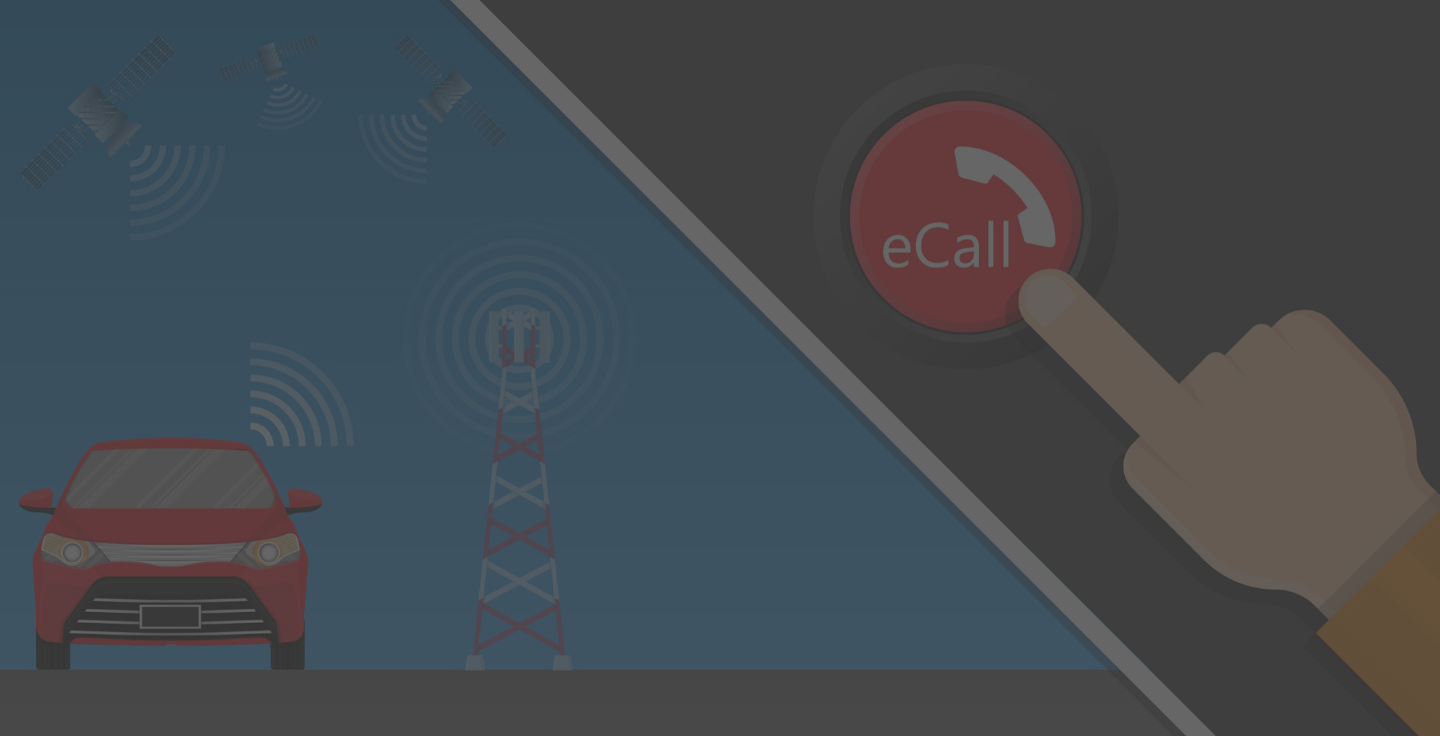

Two years after Henry Ford’s Model T became the first automobile to be mass-produced and affordable to the average consumer, the first service to assist stranded motorists was launched. More than a century later, drivers have come to rely on the peace of mind that roadside assistance programs provide. While motor clubs still dominate the market, the industry has expanded to include towing companies, insurance companies, fleet companies, automobile makers, credit card companies, membership organizations, gas companies, wireless providers and, more recently, independent mobile apps.
Widespread competition and advances in mobile technology are transforming consumer expectations for roadside assistance. Stranded drivers demand a quick connection and fast response. Since smartphone owners can take advantage of location-based apps to find nearby garages and towing companies, they have little tolerance for long call wait times or a slow response from local partner-operators.
Independent startups are disrupting long-established providers in the industry. Mobile apps have particular appeal for younger drivers. To attract this customer segment, traditional providers will need to compete by providing a quicker end-to-end response, along with the reassurance that only a human connection can provide during a stressful situation.
Companies that provide roadside assistance programs are facing several unique challenges:
CustomerServ’s roadside assistance clients provide coverage to over 100 million drivers, serving customers all across the USA and our vendors manage millions of roadside and related customer interactions in a 24/7/365 environment. CustomerServ’s roadside specialists have built a reputation for fast and reliable service delivered by compassionate, well-trained and skilled customer advocates focused on:
Most roadside assistance companies are “clients within a client” because they are providing private label or white label roadside coverage for other companies.

The entire customerserv.com website is © Copyright 2022 by CustomerServ, Ltd. All Rights Reserved.
The customerserv.com site and its content may not be copied or duplicated in whole or part by any means without express prior agreement in writing.
Some photographs or documents contained on the site may be the copyrighted property of others; acknowledgment of those copyrights is hereby given.
All such material is used with the permission of the owner.